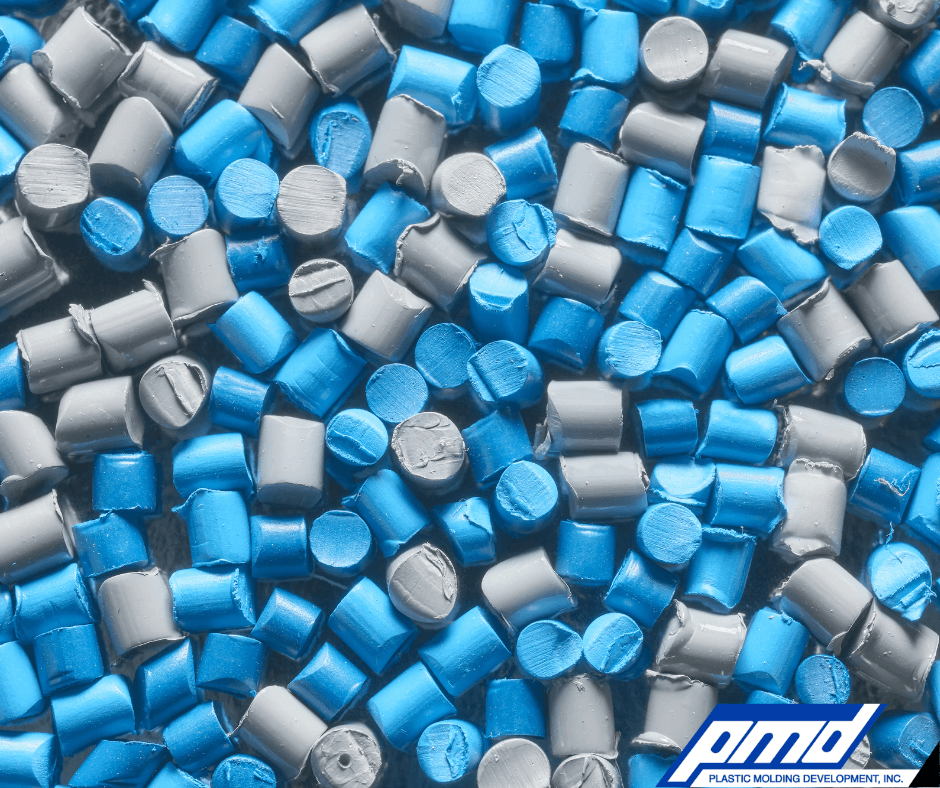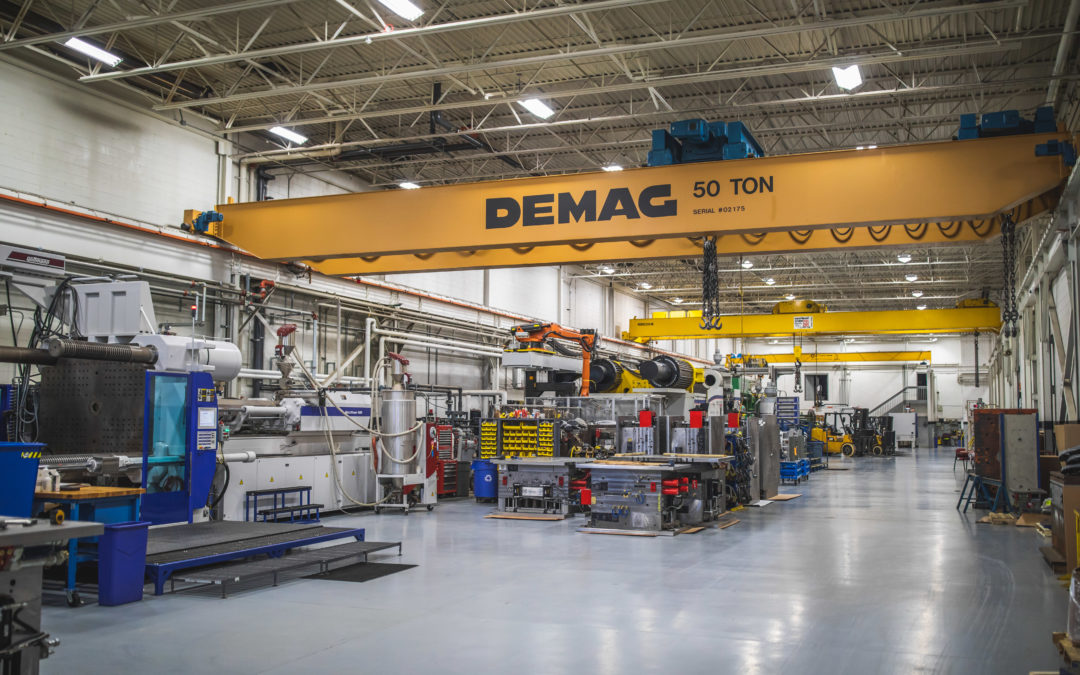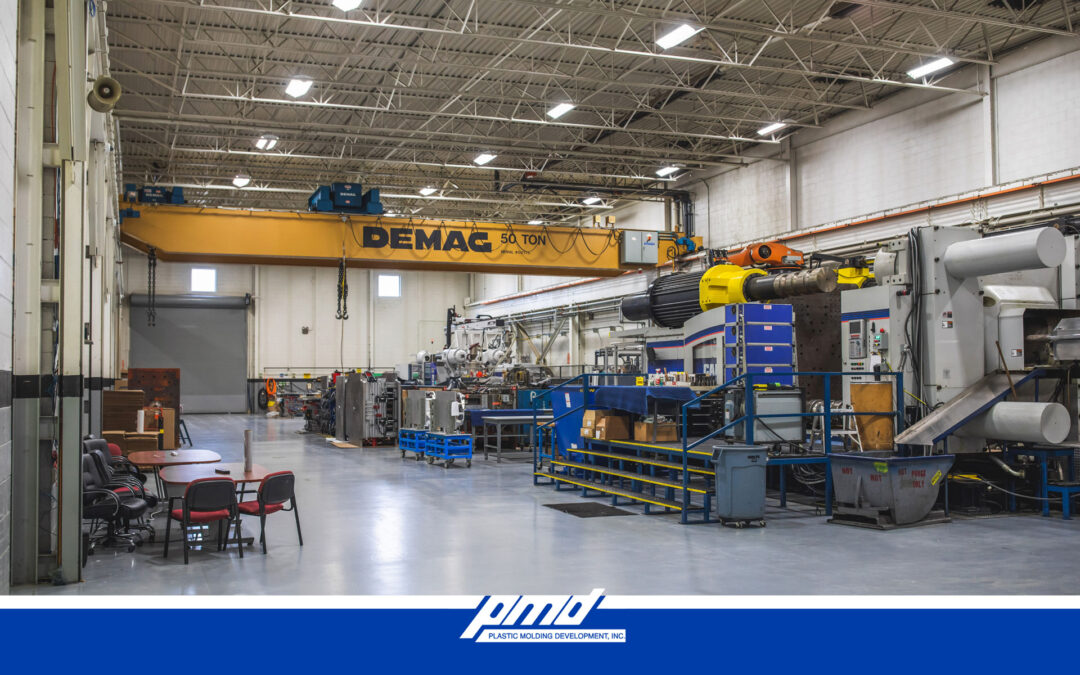In the dynamic world of manufacturing, plastic injection molding stands out as a versatile and efficient process for producing intricate and high-quality plastic parts. The success of any plastic molding project lies in rigorous testing during various stages of production. From the initial planning and tryout phases to experimentation and development, the importance of comprehensive plastic mold testing cannot be overstated. In this blog, we delve into the key principles of plastic injection molding testing and the role it plays in ensuring the success of your project.
Contemporary Surroundings and Positive Environment
In the ever-evolving landscape of manufacturing, staying ahead requires a commitment to innovation and adaptation. PMD’s facilities boast contemporary surroundings that foster a positive and friendly environment. We believe in creating a space that encourages creativity, collaboration, and problem-solving. This thinking extends to our approach to plastic mold testing, where we combine cutting-edge technology with a team-driven spirit to achieve the best results.
Plastic Molding Machinery and Resources
A critical aspect of successful plastic mold testing lies in the machinery and resources employed during the process. We take pride in providing state-of-the-art plastic molding machinery that ensures precision and efficiency in every step of the production cycle. From high-pressure injection machines to advanced testing equipment, our facilities are equipped to handle the most complex molding challenges. Our commitment to staying at the forefront of technological advancements in the industry ensures that you receive the best resources for your project.
Key Principles of Plastic Injection Molding Testing
1. Material Compatibility Testing:
Ensuring that the chosen plastic material is compatible with the mold and the intended application is a fundamental step. Material testing involves examining properties such as viscosity, temperature resistance, and durability.
2. Mold Flow Analysis:
Analyzing the flow of molten plastic within the mold is crucial for identifying potential issues such as air traps, uneven filling, or cooling imbalances. Mold flow analysis helps optimize the design for better efficiency.
3. Injection Molding Process Optimization:
Fine-tuning the injection molding process is an ongoing effort. Testing and optimizing parameters such as temperature, pressure, and cycle time contribute to the overall quality and efficiency of the production process.
4. Quality Control and Inspection:
Rigorous quality control measures, including dimensional checks, visual inspections, and material testing, are conducted to ensure that the final products meet the specified standards and requirements.
5. Prototype Testing:
Prototype testing allows for the identification of potential issues and the refinement of the mold design. This iterative process ensures that the final product meets or exceeds expectations.
In the world of plastic injection molding, thorough testing holds the entire production process together. From initial planning to the delivery of high-quality plastic parts, the key principles of plastic mold testing outlined above play a pivotal role. As your dedicated partner in this journey, we are committed to providing the expertise, machinery, and resources needed to navigate the complexities of plastic molding testing and achieve success in every project. Embrace the future of manufacturing with confidence, knowing that you have a reliable partner by your side every step of the way.
Contact PMD today!






